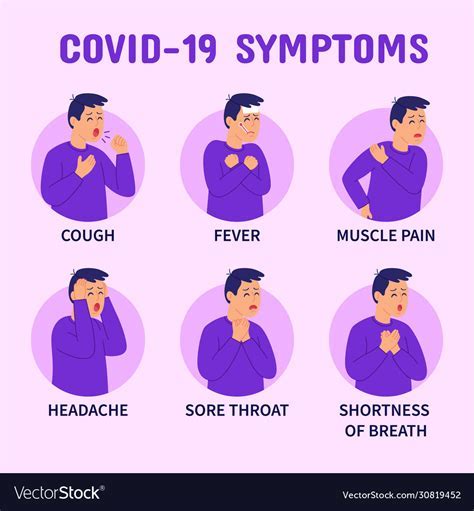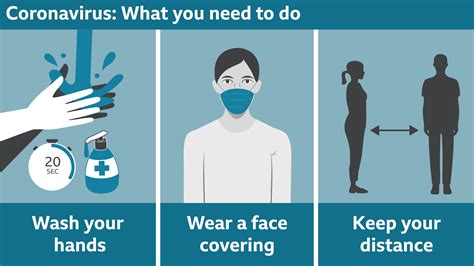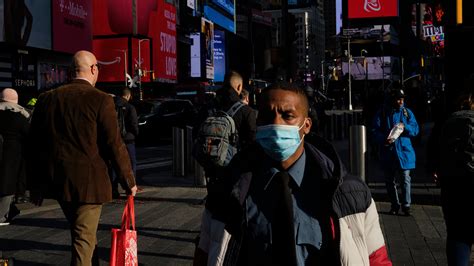Intro
Identify 5 key Covid symptoms, including fever, cough, and fatigue, and learn about related signs like shortness of breath, headache, and loss of taste, to stay informed about coronavirus infections and take preventive measures.
The COVID-19 pandemic has brought about a significant shift in the way we live, work, and interact with one another. As the virus continues to evolve, it's essential to stay informed about the common symptoms associated with COVID-19. Being aware of these symptoms can help individuals take prompt action, seek medical attention when necessary, and prevent the spread of the virus to others. In this article, we'll delve into the world of COVID-19 symptoms, exploring the most common signs of infection, their causes, and what you can do to protect yourself and those around you.
The importance of recognizing COVID-19 symptoms cannot be overstated. By being aware of the warning signs, you can take proactive steps to prevent the spread of the virus, reduce the risk of complications, and seek medical attention if needed. COVID-19 symptoms can range from mild to severe, and in some cases, they can be life-threatening. It's crucial to stay vigilant, especially if you've been exposed to someone with COVID-19 or have recently traveled to an area with high infection rates.
As we navigate the complexities of the COVID-19 pandemic, it's essential to separate fact from fiction. With so much misinformation circulating online, it's crucial to rely on credible sources, such as the World Health Organization (WHO) and the Centers for Disease Control and Prevention (CDC). By staying informed and up-to-date on the latest developments, you can make informed decisions about your health and the health of those around you. In the following sections, we'll explore the most common COVID-19 symptoms, their causes, and what you can do to protect yourself.
Common COVID-19 Symptoms

Understanding the Causes of COVID-19 Symptoms
COVID-19 symptoms are caused by the SARS-CoV-2 virus, which attacks the respiratory system and can lead to a range of complications. The virus is highly contagious and can spread through respiratory droplets, contact with contaminated surfaces, or close contact with an infected individual. When the virus enters the body, it triggers an immune response, which can lead to inflammation, tissue damage, and the production of symptoms.5 Key COVID-19 Symptoms to Watch Out For

Managing COVID-19 Symptoms
If you're experiencing COVID-19 symptoms, it's essential to take steps to manage them and prevent the spread of the virus to others. Here are some tips to help you cope: * Stay hydrated by drinking plenty of fluids, such as water, clear broths, or electrolyte-rich beverages. * Get plenty of rest to help your body recover from the infection. * Use over-the-counter medications, such as acetaminophen or ibuprofen, to help reduce fever and alleviate headaches or body aches. * Practice good hygiene, such as washing your hands frequently, avoiding close contact with others, and wearing a face mask when in public.Preventing the Spread of COVID-19

Vaccination and Treatment Options
Vaccination is one of the most effective ways to prevent COVID-19. The COVID-19 vaccine has been shown to be safe and effective in reducing the risk of severe illness, hospitalization, and death. Additionally, various treatment options are available for individuals with COVID-19, including antiviral medications, corticosteroids, and oxygen therapy. It's essential to consult with a healthcare professional to determine the best course of treatment for your specific situation.Coping with COVID-19-Related Stress and Anxiety

Conclusion and Next Steps
As we continue to navigate the complexities of the COVID-19 pandemic, it's essential to stay informed, take proactive steps to protect ourselves and others, and prioritize our mental and physical health. By understanding the common symptoms of COVID-19, taking steps to prevent the spread of the virus, and seeking medical attention when necessary, we can reduce the risk of severe illness and work towards a healthier, safer future.What are the most common COVID-19 symptoms?
+The most common COVID-19 symptoms include fever, cough, fatigue, shortness of breath, and headache.
How can I prevent the spread of COVID-19?
+To prevent the spread of COVID-19, wear a face mask, practice social distancing, wash your hands frequently, and avoid touching your face.
What should I do if I'm experiencing COVID-19 symptoms?
+If you're experiencing COVID-19 symptoms, stay home, practice good hygiene, and seek medical attention if your symptoms worsen or you experience difficulty breathing.
We hope this article has provided you with valuable insights into the world of COVID-19 symptoms, prevention, and treatment. If you have any questions or concerns, please don't hesitate to reach out. Share this article with your friends and family to help spread awareness and promote a healthier, safer community. Remember, by working together, we can overcome the challenges posed by the COVID-19 pandemic and build a brighter future for ourselves and generations to come.
